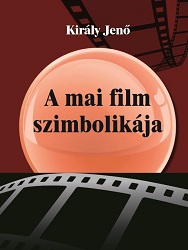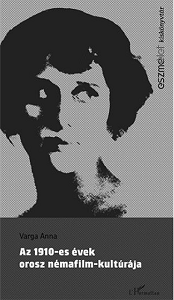
The Symbolism of the Film Today
A mai film szimbolikája
Keywords: Film Analysis; Popular movie; Feature film; Silent Film; Sound film; Black and White Film; Colour film; Melodrama; Comedy; Adventure film; Science fiction film; Fantasy; Horror; Western; Action movie; Disaster Movie; Crime story; Thriller; Trash
A New book by the Béla Balázs- and Arnold Hauser award-winning author. The Symbolism of the Film Today wishes to explore how the psychological and social problems of today’s people are represented generally in typical and some more significant films made recently. Films often depict psychological coldness, indifference, spiritual cynicism, narcissism, the growing power of addictive disorders, the dissolution of gender roles, the crises of marriages, the distortion of childhood, and infantilism as its normal consequence more sensitively than the social sciences following in their footsteps. The book gives detailed analyses of outstanding films, which made great advances towards the way of expression and experience today. For example, of Hitchcock’s Psycho, highlighting its historic significance by explaining that in the film sublime is surpassed by horror and melodrama by thriller. The author pays special attention to Pasolini’s Salo or the 120 Days of Sodom, in which love is surpassed by crude sexuality. Verhoeven’s films say farewell to the classic mythology of heroism and happiness, which is shown by discussing the film entitled Turks Fruit as the last important tragic romance. In a final overview, the mythology of happiness is surpassed by the mythology of horror and lust, which takes place in the second half of the 20th century. The present book is the subsequent volume in the series: Jenő Király: The Symbolism of the Film, volumes 1-8.
More...
